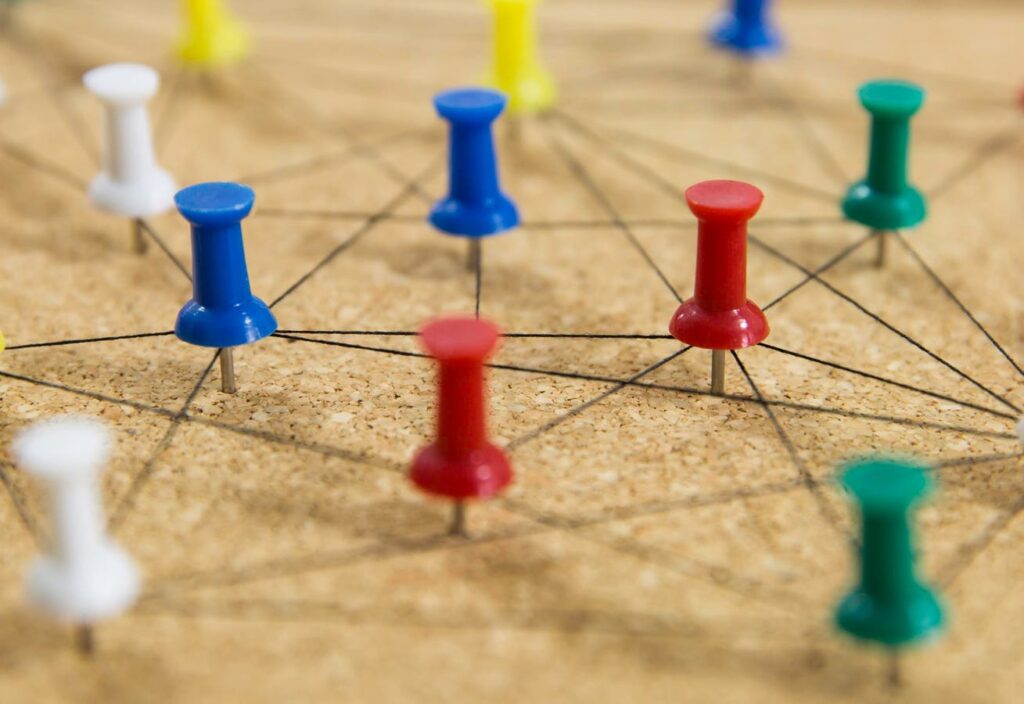The sun is rising in a valley we have yet to cross. It is up to each traveler what it is … [+]
In the shadow of silicon and code, we stand at a crossroads that will define not only our future, but the very essence of what it means to be human. Artificial Intelligence, once the poster child of science fiction, now permeates our daily lives in visible and invisible ways.
As we rush into this brave new world, we are faced with a startling realization:
AI isn’t just changing what we do and how we do it—it’s changing WHO we are.
Picture this: You’re having a heartfelt conversation about your deepest fears and aspirations. The answers are empathetic, deep, even profound. Then you realize you are talking to ChatGPT. This isn’t a hypothetical scenario – it’s happening right now. Individuals increasingly report feeling a stronger emotional connection with AI chatbots than with human partners, as seen in a recent study published in JMIR.
This illustrates on the one hand that people are not very good at interpersonal empathy. But it also forces us to face questions that most of us didn’t ask ourselves before. How do I connect emotionally with another human being? Is empathy unique to humans? Can I replicate with lines of code?
Put another way – HE is pushing us to question what it means to be human and, well, human. As AI systems become increasingly sophisticated in imitating human interaction, we are challenged to reexamine the foundations of our relationships—the building blocks of our emotional lives.
The existential equation
As AI systems tackle increasingly complex problems, from climate modeling to protein folding, we face a conundrum: If a machine can do it better, faster, and more efficiently, what is our role in society? ? This existential problem came into sharp focus in 2023 when an AI system called AlphaFold2 solved a 50-year biological challenge, predicting protein structures with near-perfect accuracy for the biochemists involved, many of whom had devoted years of their lives to their own this problem. , the experience resulted in fear and agony. An algorithmic moment rendered decades of human effort obsolete.
Seeing AI’s ability on so many fronts, from art to science, through management to marketing, it’s hard not to think about the value of one’s effort and time spent accomplishing a task these days. But when your work is tied to your identity then what? Too often our activities and our sense of self are different parts of the same equation – being alive.
With the arrival of ChatGTP in late 2019, a sense of existential dread has reverberated across fields from law to journalism to the creative arts. As AI touches domains once thought to be exclusively human, we are forced to confront our own obsolescence—or radically redefine our purpose.
AGENCY: Practical steps in an impractical world
IT challenges who we (think) we are because it touches our purpose – that why that drives us. As we navigate uncharted territory, here are some concrete steps to not only survive but thrive in the age of AI:
- Activate radical consciousness. Disengage regularly from AI-selected environments. Spend time in nature, in meditation, or in casual conversations with people. Understand your thoughts and feelings without algorithmic intervention.
- Increase your personal ethical standinge: Just as we exercise our bodies, we must exercise our moral reasoning. Engage with ethical dilemmas, not to find the “right” answers, but to strengthen your moral muscles.
- Emphasize human connections: Prioritize meaningful, possibly uncomfortable interactions with other people. Share weaknesses, dreams, and fears—elements that current AI can’t truly understand or reciprocate.
- Boosting creativity: Redefine productivity beyond metrics that AI can easily exceed. Focus on qualities like creative problem solving, empathy, and wisdom that are still distinctly human.
- Cultivate critical thinking skills: Engage in techno-philosophy. Question and actively shape the role of technology in your life and environment. Join or start discussion groups about the philosophical implications of AI.
- Give the best of your artificial means: Instead of competing with AI, learn to work alongside it. Find ways to use AI as a tool to enhance your uniquely human abilities.
The future of life with AI is not about code versus carbon. It is about the healing of man THE AGENCY.
Artificial intelligence can help us see ourselves more clearly—our strengths, our flaws, our inherent potential. As we move into this new era, the most important discoveries we can make will not be the result of algorithmic acrobatics. It will arise from within us.
****
Note – This article is about us who are privileged. Not only do we have access to the internet, including AI. We had the luxury of growing up in a context where we learned to read. 2.6 billion people lack internet access due to high costs, insufficient infrastructure and lack of digital skills. This exclusion leads to significant social and economic inequality, limiting education, health care and economic opportunities. (If you are interested in this topic, please also check this article at risk of exclusion from AI.)
****
If you are generally interested in the subject of Agency among AI for all (A4)please check my previous articles in this series.
Why AI makes educators more important than ever
Why AI involvement is a matter of life and death
Building Hybrid Sustainability in a Technology-Dependent World: Lessons Learned
How AI can compensate for age-related cognitive decline.
How to use AI as a creative creative partner
Building Hybrid Sustainability in a Technology-Dependent World: Lessons Learned
How AI can compensate for age-related cognitive decline.
Harnessing human intelligence in an AI-driven world
If you have comments or ideas please contact via LinkedIn
thank you!


